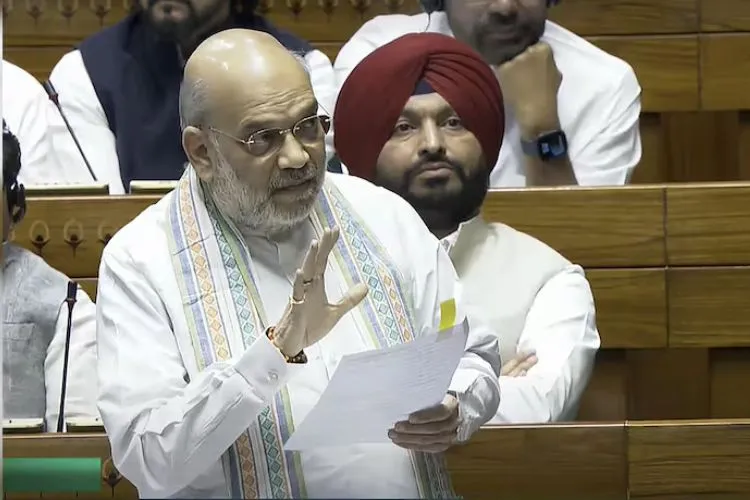The Union government of India has introduced the Waqf (Amendment) Bill, 2024, intending to change the way properties are held for Muslim charitable purpose-called waqfs. Some people support the changes, some are against them, and others still have doubts about a few parts.
Recently, in protest of the Bill, a few opposition Members of Parliament in the Upper House wore black. At 12:55 p.m., Kiren Rijiju, the Union Minister for Minority Affairs, started his closing remarks. He reaffirmed that the government had considered all viewpoints, as seen by the differences between the initial Bill and the one that Parliament approved. He claimed that the opposition's strong opposition to the Waqf Board and Central Waqf Council having non-Muslim members was unjustified and unfounded. (HinduNews)
Major Changes Proposed:
Non-Muslims on the Waqf Boards: The bill plans to add non-Muslim members to the Central Waqf Council and state Waqf Boards. Advocates believe it would add to diversity and transparency, while opponents see it as encroaching upon the rights of the Muslim community.
Government Power over Disputed Properties: It gives powers to government officials, including the District Collector, to determine whether particular properties belong to the waqf or the government. It proposes a practical approach to solve disputes related to land ownership, while on the other hand, it raises fear of being misused.
Written Declaration by a Donor to a Waqf: Any person who would like to donate property to a waqf must have a formal written document, a 'Waqfnama.' This replaces the former oral declaration to avoid any future disputes.
More Control by the Government: As per the bill, the central government shall have the power to conduct audits of waqf accounts, through the Comptroller and Auditor General (CAG), to ensure accountability in waqf property management.
Implications:
According to the bill's supporters, these changes will reduce corruption and enhance the management of waqf properties. However, many Muslim organisations and opposition parties assert that the bill amounts to an infringement upon Muslim community-based rights and may potentially lead to government interference in religious affairs.
It is important for all stakeholders to contribute their perspective regarding the bill so that any modifications recognize the rights and traditions involved in the respective communities.




.webp)
.webp)
.webp)
